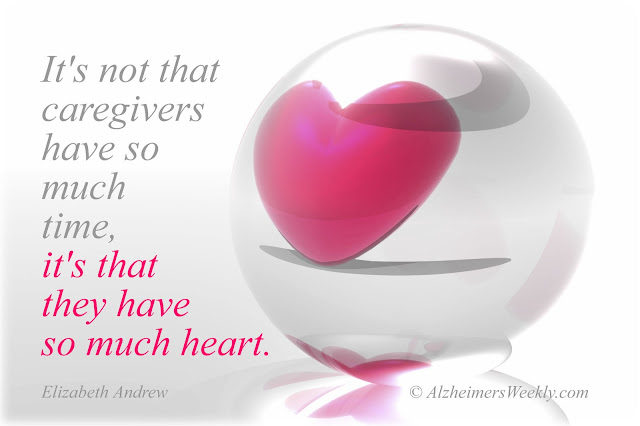
Memory Box for Dementia
FILL A MEMORY BOX with photos and memorabilia of a person with dementia, then position it by their door. See it re-orient them, trigger conversations, make a doorway one’s own, and mostly, stimulate memories of good times.

FILL A MEMORY BOX with photos and memorabilia of a person with dementia, then position it by their door. See it re-orient them, trigger conversations, make a doorway one’s own, and mostly, stimulate memories of good times.

VIDEO & ARTICLE – BOOK OF THE WEEK: CNN’s former medical correspondent has written a book on dementia containing “100 Simple Things You Can Do to Prevent Alzheimer’s and Age-Related Memory Loss”. Backed by good science, see the author discuss a few of these “100 Simple Things” that help preserve thinking and memory.

For 12 years, I’ve cared for my wife with Alzheimer’s, through heartache and joy. Learning from me and my loved one, may these tips provide you real opportunities to live well with Alzheimer’s.

It’s not that caregivers have so much time. It’s that they have so much heart.

INSPIRING MOVIE: “Still Mine” is the true story of an 87-year-old strawberry farmer & cattle rancher. Craig will do anything for his wife Irene, weakened by dementia. Fighting authorities, watch his battle to build an unauthorized dementia-friendly house on his farm.

Scientists found a way to predict Alzheimer’s up to seven years before symptoms appear using A.I.

QUICK HEALTH VIDEO: You CAN reduce risk of Alzheimer’s. Learn 4 ways to improve your brain and maintain long-term health. Numerous studies show you really can do something about dementia.

Very small things that people do can make a very big difference to people with dementia. Hear people with early dementia share their experiences, stigmas and what you can do to help create a dementia-friendly world.

DESIGN VIDEO: See how Muskoka Shores is livening up their Dementia-home in 4 low-cost stages. Learn simple ways to turn a dull care home into a bright, dynamic, village-like place to live.

A hospital’s Intensive Care Unit (ICU) can bring on Alzheimer’s-like symptoms in brain-healthy patients. See doctors discuss 4 ways to prevent this.

CARE VIDEO: Dementia-Friends-Champion Natalie talks through the ‘bookcase analogy’. Understand the way dementia affects a person and why visits are so important to them.

Turmeric, a main ingredient in curry, is the spice of choice in fighting and preventing dementia. It’s popular in India, which has one of the world’s lowest rates of dementia. Try this delicious curry-filled wrap.

VIDEO + ARTICLE: Lewy Body dementia is frequently mistaken for Alzheimer’s. That’s dangerous, as Lewy Body dementia requires different medications and unique caregiving techniques. Explore this common type of dementia.

An intriguing study of 120 grandmothers might surprise you. Doctors know socially engaged people have better cognition and less dementia. But can a person get too much of a good thing? What’s the right balance?

If you couldn’t see your mashed potatoes, you probably wouldn’t eat them. That’s why what “The Red Plate Study” found was astonishing! Alzheimer’s patients eating from red plates consumed 25 percent more food than those eating from white plates. Find out why.

Enjoy this great duet between a musician with dementia and his son. A triumph of spirit over Alzheimer’s! Sing-a-long if you like!

It looks like a sneeze cannot give anyone Alzheimer’s. While Alzheimer’s abnormal disease proteins do spread from cell-to-cell, they are not “infectious”. Check out the facts.
No spam, only news and updates.



This site was inspired by my Mom’s autoimmune dementia.
It is a place where we separate out the wheat from the chafe, the important articles & videos from each week’s river of news. Google gets a new post on Alzheimer’s or dementia every 7 minutes. That can overwhelm anyone looking for help. This site filters out, focuses on and offers only the best information. it has helped hundreds of thousands of people since it debuted in 2007. Thanks to our many subscribers for your supportive feedback.
The site is dedicated to all those preserving the dignity of the community of people living with dementia.
Peter Berger, Editor